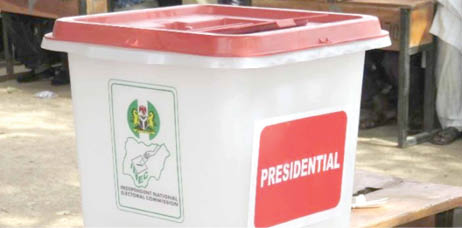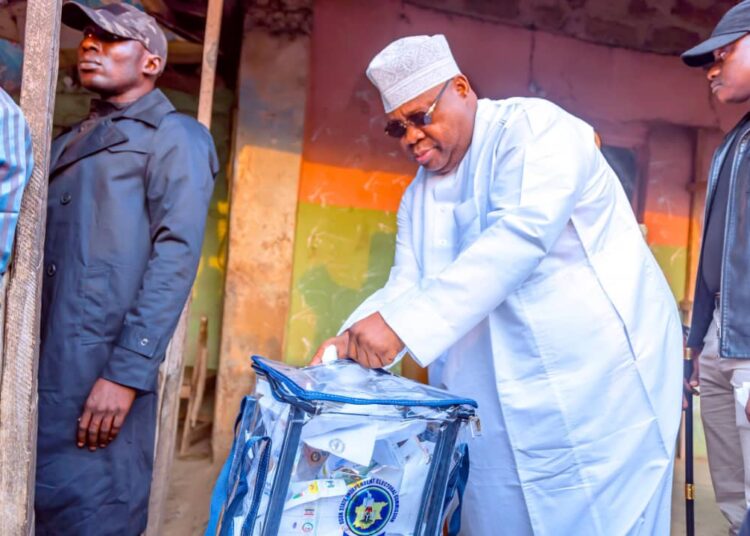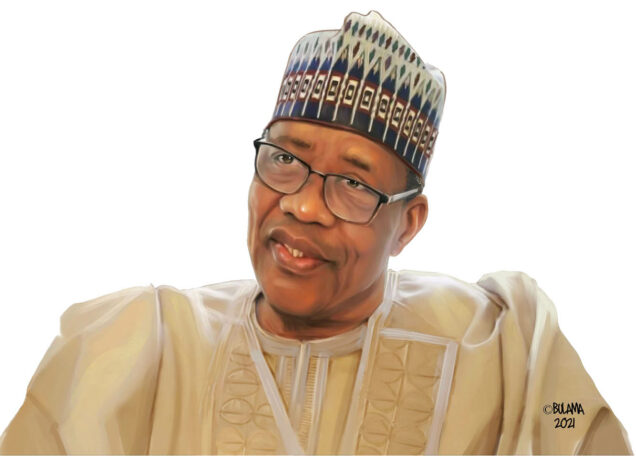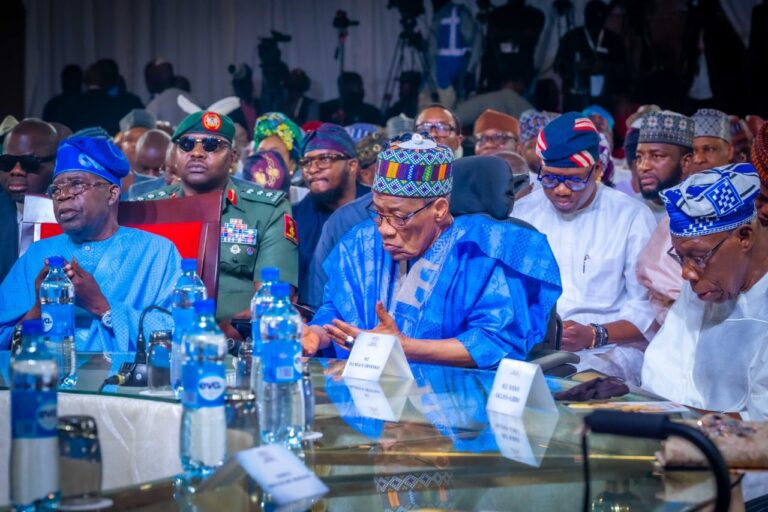The Independent National Electoral Commission (INEC) conducted off-season elections in Edo and Ondo states, prompting varied reactions. Some observers think that the elections built on the ideas presented by the electoral umpire for the 2023 general elections, implying that the gains from these initiatives can be carried forward into future elections.
Some factors recognized as having played key roles in these improvements include the concentration of INEC security agents and resources in one location, as opposed to what is available during the general election. They also recognized the concentration of observers and civil society organizations (CSOs), which ensures greater real-time information and assessments, preventing politicians, who have been regarded as the primary hurdles to genuine elections, from interrupting procedures.
Following the conclusion of the 2023 presidential election, the commission is expected to replicate the relative achievements achieved in off-season polls, particularly in the implementation of the Bimodal Voter Accreditation System (BVAS) and the INEC Result Viewing Portal (IReV).
Although several of these technologies, particularly the IReV, fell short of expectations during the 2023 general elections, particularly in the presidential election, as INEC brazenly conceded when it blamed ‘glitches’, observers highlight advances in following off-season elections.
However, concerns persist about how this progress would fare when the stakes rise, particularly given that politicians’ attitudes toward elections in the country have remained do-or-die, winner takes all, putting further pressure on the electoral umpire.
Observers pointed to Ghana’s recent general elections as a lesson that Nigerian leaders should learn. The decision by Vice President Mahamudu Bawumia of the ruling New Patriotic Party (NPP) to concede defeat to John Dramani Mahama of the opposition’s National Democratic Congress (NDC) before the electoral umpire’s formal announcement was viewed as a watershed point in the election.
Professor Mahmood Yakubu, the Chairman of INEC, who was in Ghana as an observer, praised the country’s democracy for its political stability, as well as the constancy of its political party structures and voter loyalty.
Experts advised that in order for INEC to expand on its successes, it should find better methods to collaborate with agencies such as the National Orientation Agency to improve politicians’ do-or-die attitude. They feel that politicians’ belief that “an election is only credible if it favours my party” must be challenged.
He stated that experts have recognized the bad role of politicians as a serious impediment to genuine elections. “They entice voters to buy votes. They are the ones that hold fraudulent primaries or spend money to purchase delegates. They are the ones who do everything to derail the elections. Above all, they are the ones who question the integrity of the elections, often without evidence, simply because they lost,” Suleiman stated.
Suleiman advocated for increased public scrutiny of politicians, encouraging citizens to demand accountability and decency. “For example, how can candidates who finished second and third in an election claim to have won? Nigerians must focus on politicians’ attitudes and expect some kind of civility in their behavior during and after elections, he stated.
“Off-cycle elections provide an opportunity to implement new tools and procedures that will strengthen our electoral process. “I believe it is fair to say that INEC has learned new lessons from these elections in the management of general elections,” she stated.
Fijabi, on the other hand, warned against complacency, pointing out the disparities in scale between off-season and general elections.
Aside from complacency, logistical issues continue to be a serious difficulty for INEC.
While applauding INEC’s improvements in logistics and results administration in the last two off-cycle elections, Mark Amaza, a Senior Communications Officer of Yiaga Africa, emphasized the need for concerted efforts to extend these advances to general elections.
“In order to transform off-cycle election wins into general elections, INEC must be purposeful. This entails being deliberate in obtaining logistics, training ad hoc people, and election technology.
Comrade Ibrahim Zikirullahi, Executive Director of the Resource Centre for Human Rights and Civic Education (CHRICED), also highlighted the challenge of general elections being more complex than off-cycle elections as a recurring issue, urging INEC to improve planning and resource allocation.
He also stated that off-cycle elections necessitate fewer workers, allowing for better coordination and resource allocation. “The limited scope of off-cycle elections enables the mobilisation of more security operatives, reducing election-related violence and ensuring smoother processes,” the politician said.
“The Independent National Electoral Commission (INEC) treats every election, whether it is a general election, an off-season governorship election, a by or rerun election, with the necessary seriousness and dexterity. “Every election is significant and requires careful planning,” Oyekanmi stated.
He described INEC’s three-stage electoral process, which consists of pre-election, election day, and post-election events. “We issue a timeline and calendar of events, and we follow them carefully from the start until election day. The primary distinction between a general election and an off-season election is the size of the logistics—men and materials—needed,” he explained.





